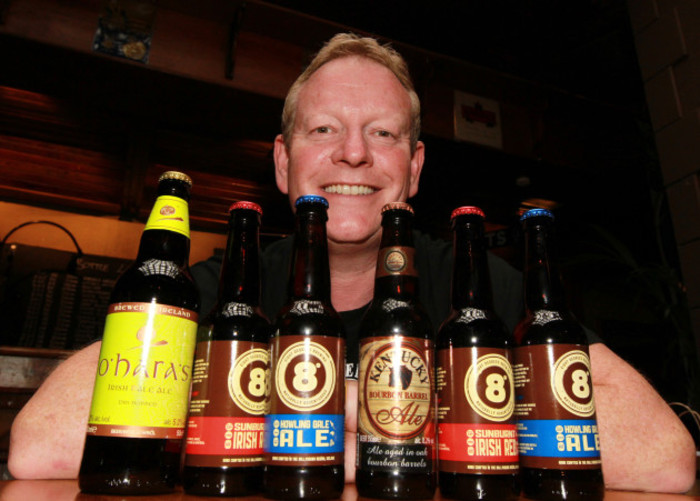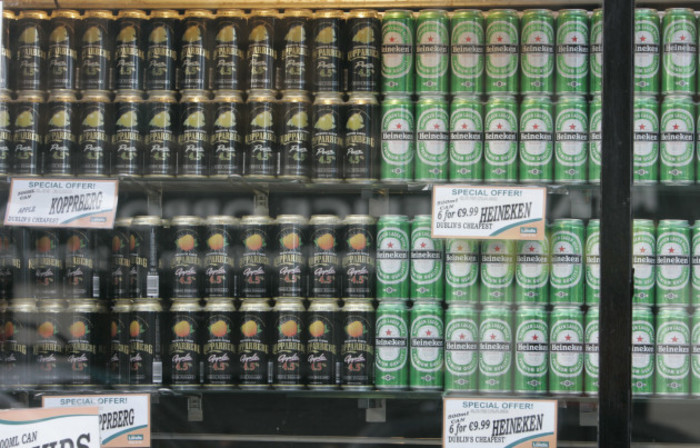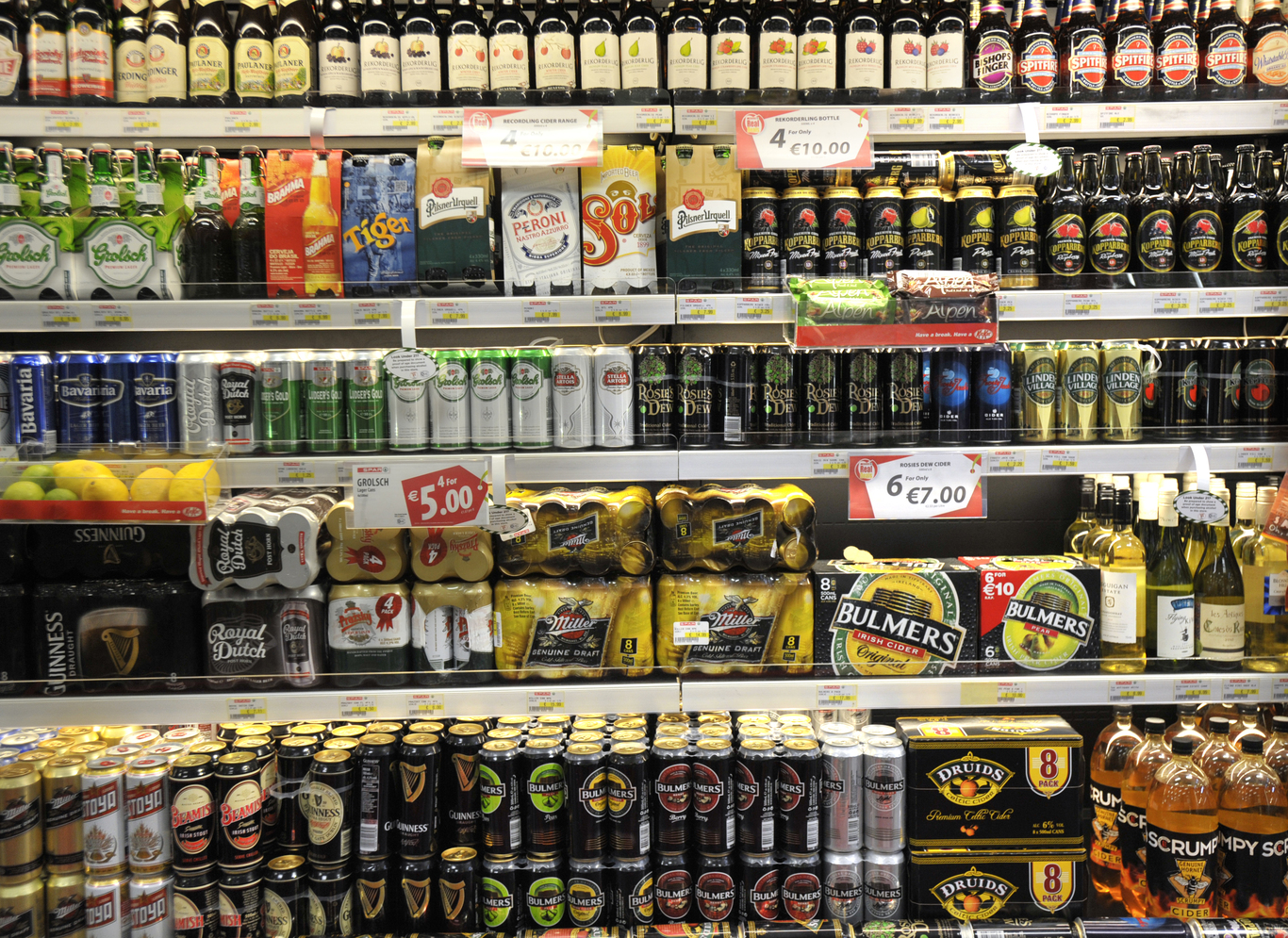New alcohol laws will hurt small players in the drinks industry - and to what benefit?
Craft producers and independent retailers could both suffer under strict pricing and display restrictions.
ALCOHOL CONSUMPTION IN Ireland has declined by 25% since 2001. Taking into account the increase in wine consumption, beer and spirit consumption has fallen by 40%.
In Food Wise 2025, which has been adopted by the new government, the expansion of the drinks industry has been prioritised due to its employment and export potential.
The growth in craft and small distillery investment is also a key element of the new government’s policy due to the additional jobs created through whiskey tourism.
Anti-business
A key focal point for the anti-alcohol lobby has been to marginalise and demonise large drinks companies. The principal narrative of the lobby is to suggest that greater regulation of alcohol sales and marketing is being opposed in order to secure multinational industry profits. Rather than focusing on public health outcomes, the principal result sought is to give big drinks companies a bloody nose.
Unfortunately, the previous government’s proposed alcohol bill, which was published at the end of the last Dáil, has adopted many of the anti-alcohol lobby tenants. It proposes restrictions on advertising, structural separation, labelling and sponsorship, and its introduction of minimum-unit pricing would make alcohol more expensive than the highest-priced market in the EU.
In reality, these proposals will severely impact small businesses currently operating in the drinks industry or wishing to enter the sector, as well as having a questionable impact on public health outcomes. In essence, regulation costs money and acts as a barrier to entry for small business.
 The Irish Craft Beer Festival's Bruce Mansour
The Irish Craft Beer Festival's Bruce Mansour
Craft producers
For example, a company wishing to enter the whiskey or craft beer sectors in Ireland would have to deal with new labelling proposals on Irish-produced products, which require a statement on possible disease links not required in any other country in the EU.
This is in addition to the significant capital outlay currently required. Not a great business case to present to a banker for an investment project when he is already charging you premium rates on loan finance.
In addition to this major barrier, small businesses will need a separate label for the Irish market. Small businesses trying to get started in the export market will be required to operate a dual-labelling system at potentially double the cost.
The average craft brewer will also be faced with an extra production cost as a result. This will mean:
- Smaller producers and niche producers from overseas will avoid the Irish market
- Minimum unit pricing will act as an entry barrier for lower-cost producers, both domestic and overseas, as the minimum-price barrier rules out price competition for new entrants
- Retailers will be required to store alcohol either in a dark cabinet or in an area not visible from the outside, an increased cost with the double blow that, under the new rules, the product will not be seen
- Alcohol will become more expensive to store for smaller retailers

For small businesses hoping to launch new brands in the home market, this lack of visibility will completely undermine route to market expansion.
Other proposed changes like advertising restrictions will also act as an entry barrier and will stymie growth. Small businesses looking to advertise in the drinks sector will not be able to show, for example, pictures of people having a social drink of their product at the pub.
These content restrictions, such as those introduced by the French government and on which the Irish proposals are based, have proven ineffective in curbing alcohol misuse, ultimately leading to partial or total reversal of the regulations.
In reality, the proposed alcohol bill will hugely increase costs for small businesses in particular. The labelling and general restrictive nature of the bill will also undermine government policy to develop export markets across the sector in large and small companies.
Beliefs masquerading as facts, that are ultimately based on making alcohol more and more expensive in one of the most expensive markets in the EU, will make the majority of responsible consumers – low-income ones in particular – more miserable, while at the same time undermining small business and job creation.
Ciarán Fitzgerald is an agri-food economist and former director at Ibec. He is the author of a report for the Alcohol Beverage Federation of Ireland on ‘sustainable growth of the drinks industry’.
If you want to share your opinion, advice or story, email opinion@fora.ie.






